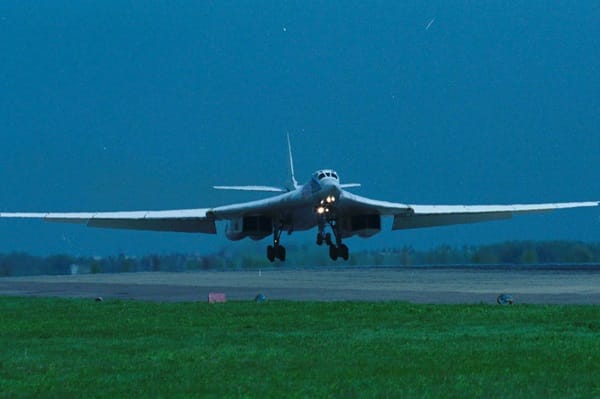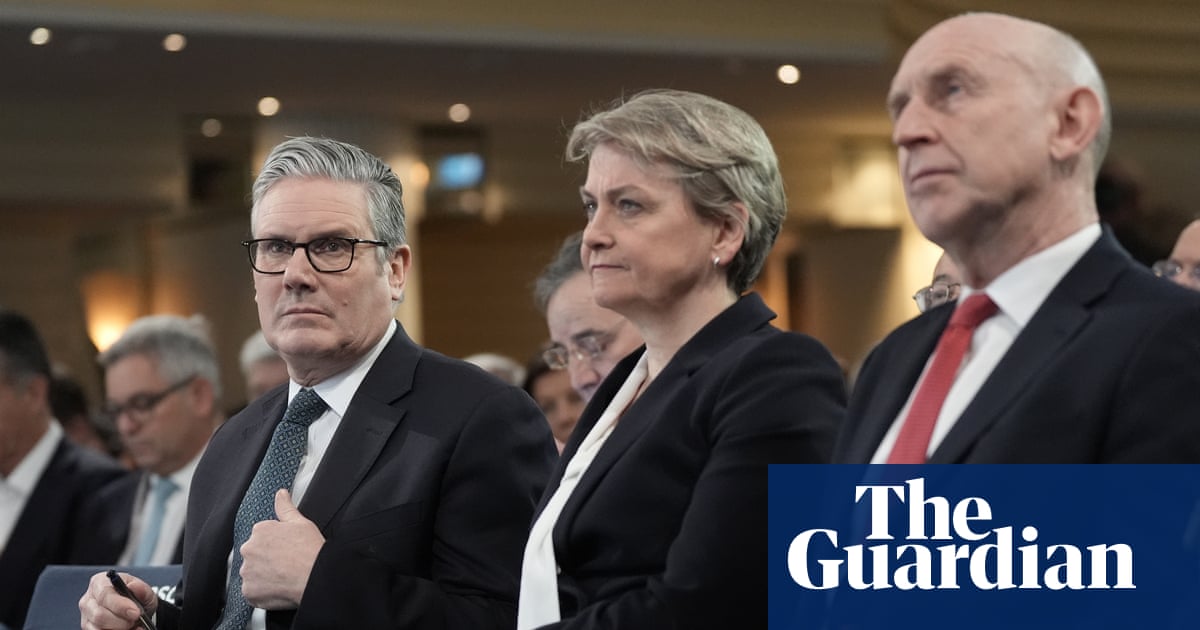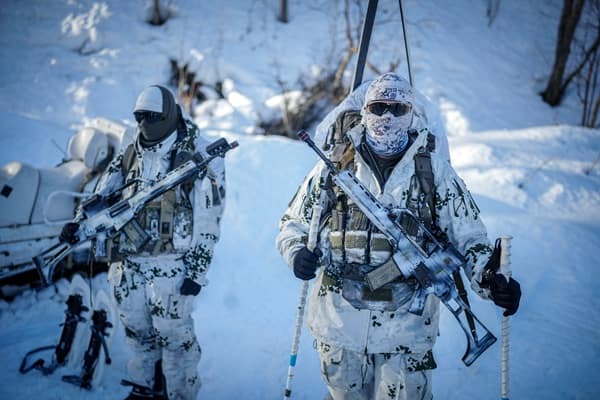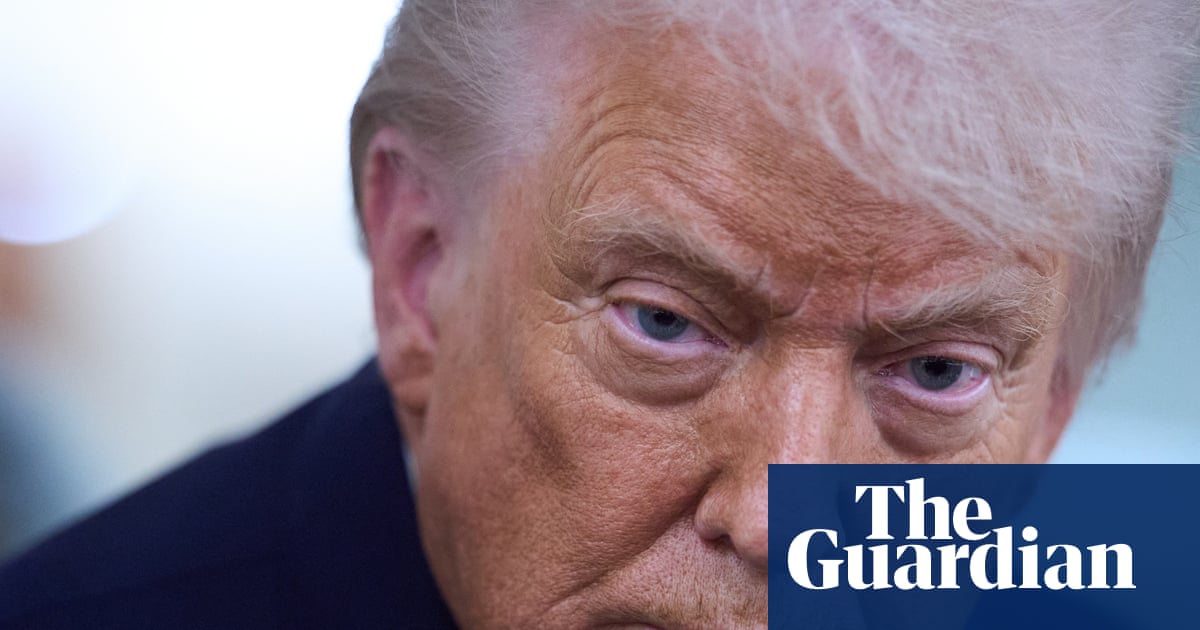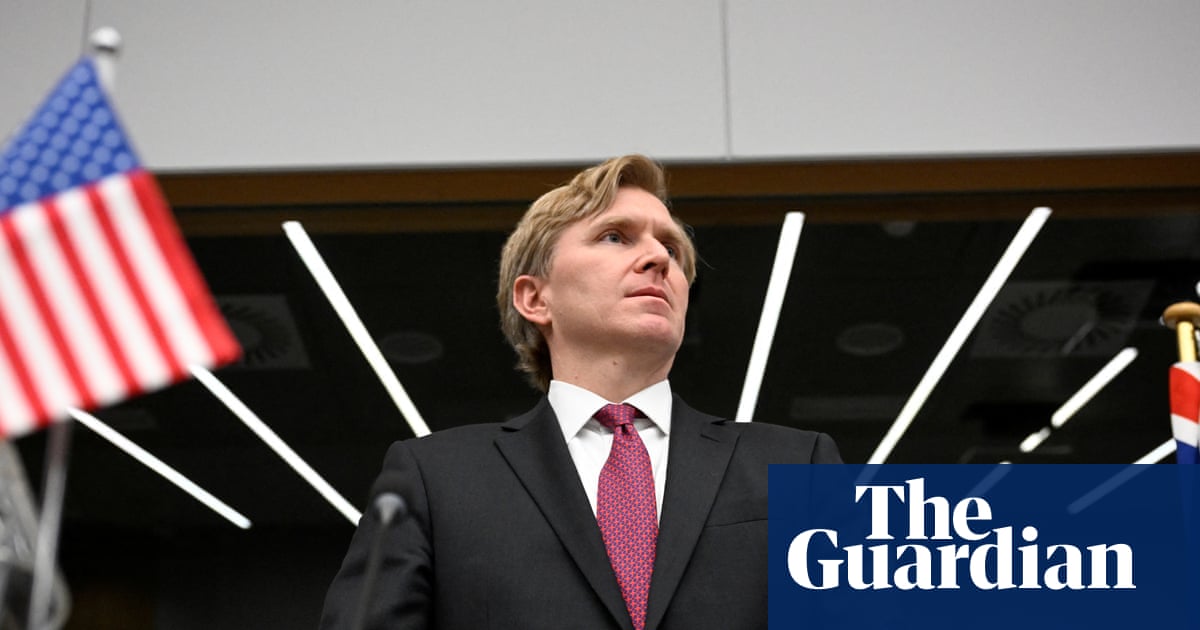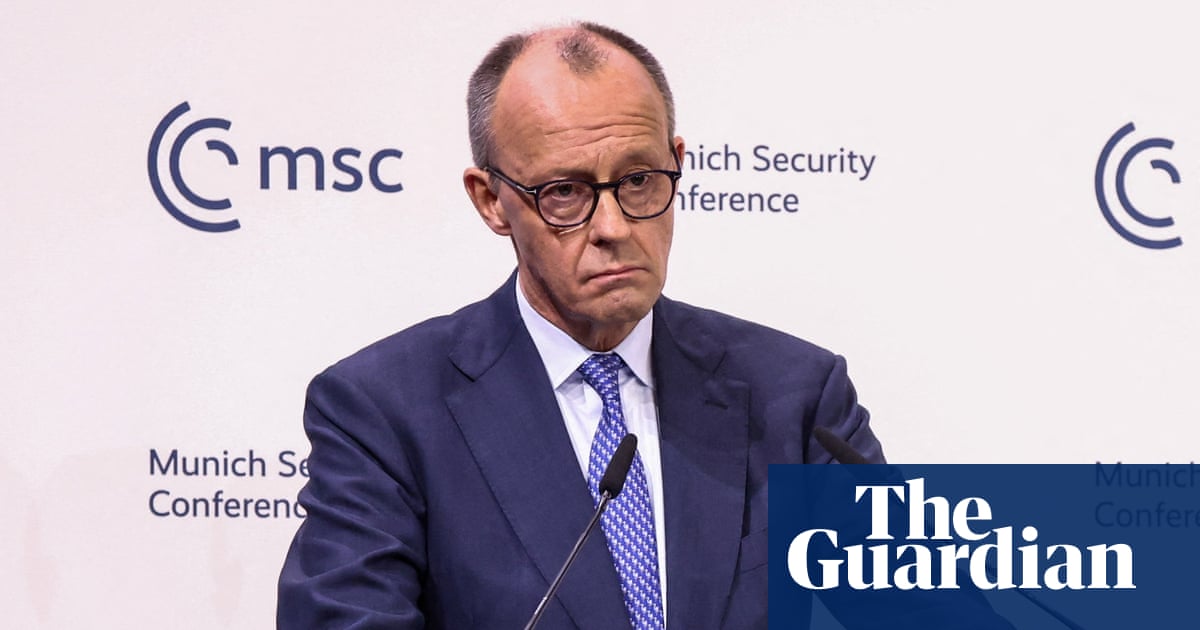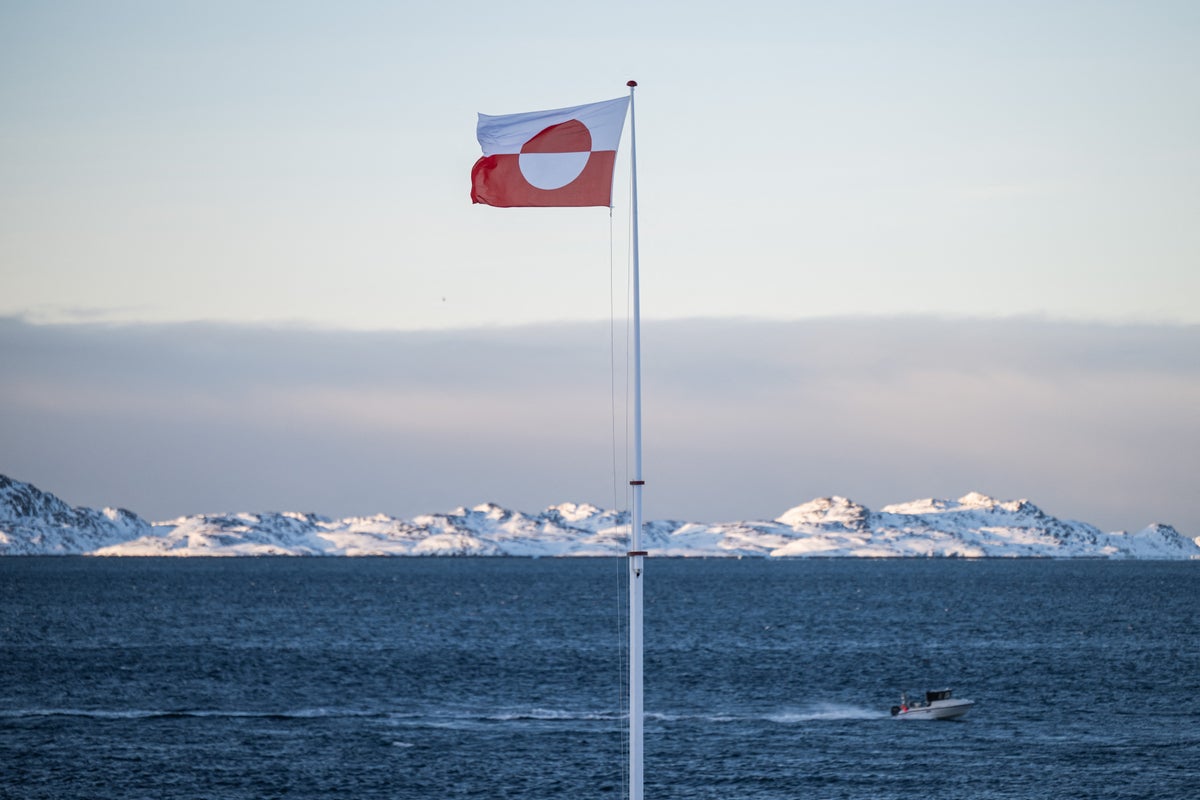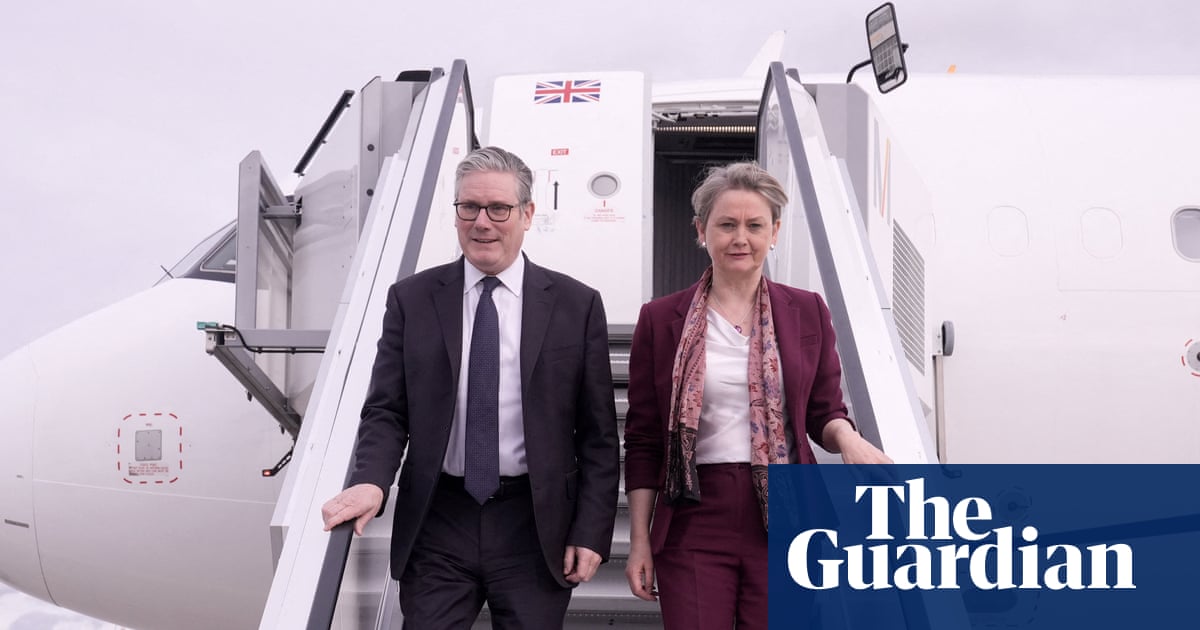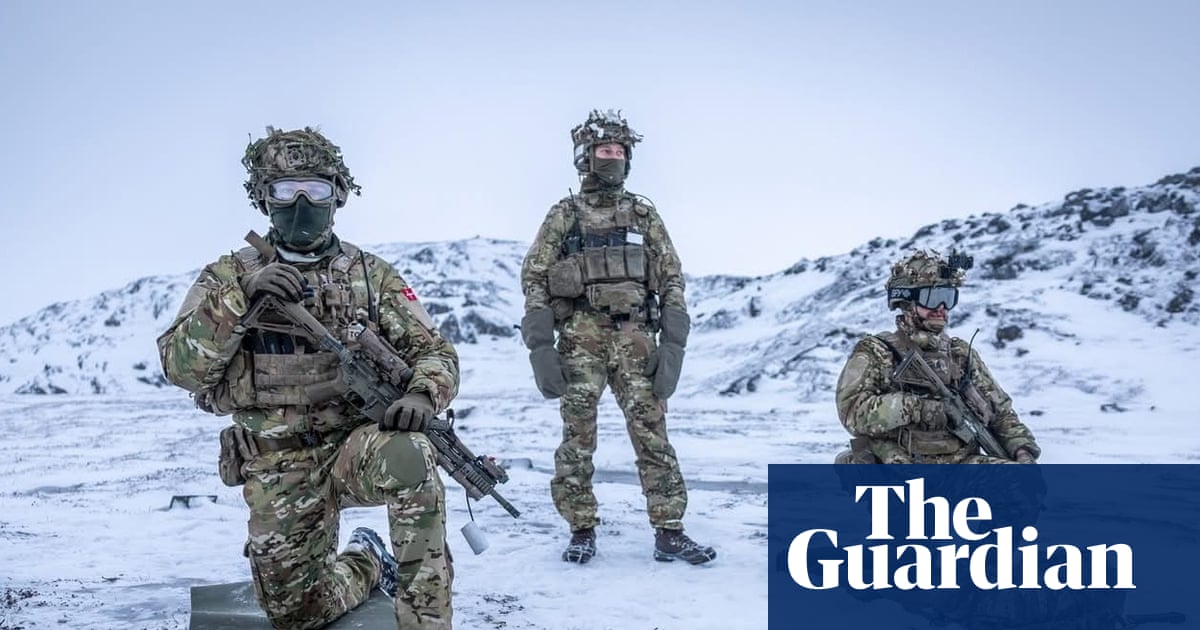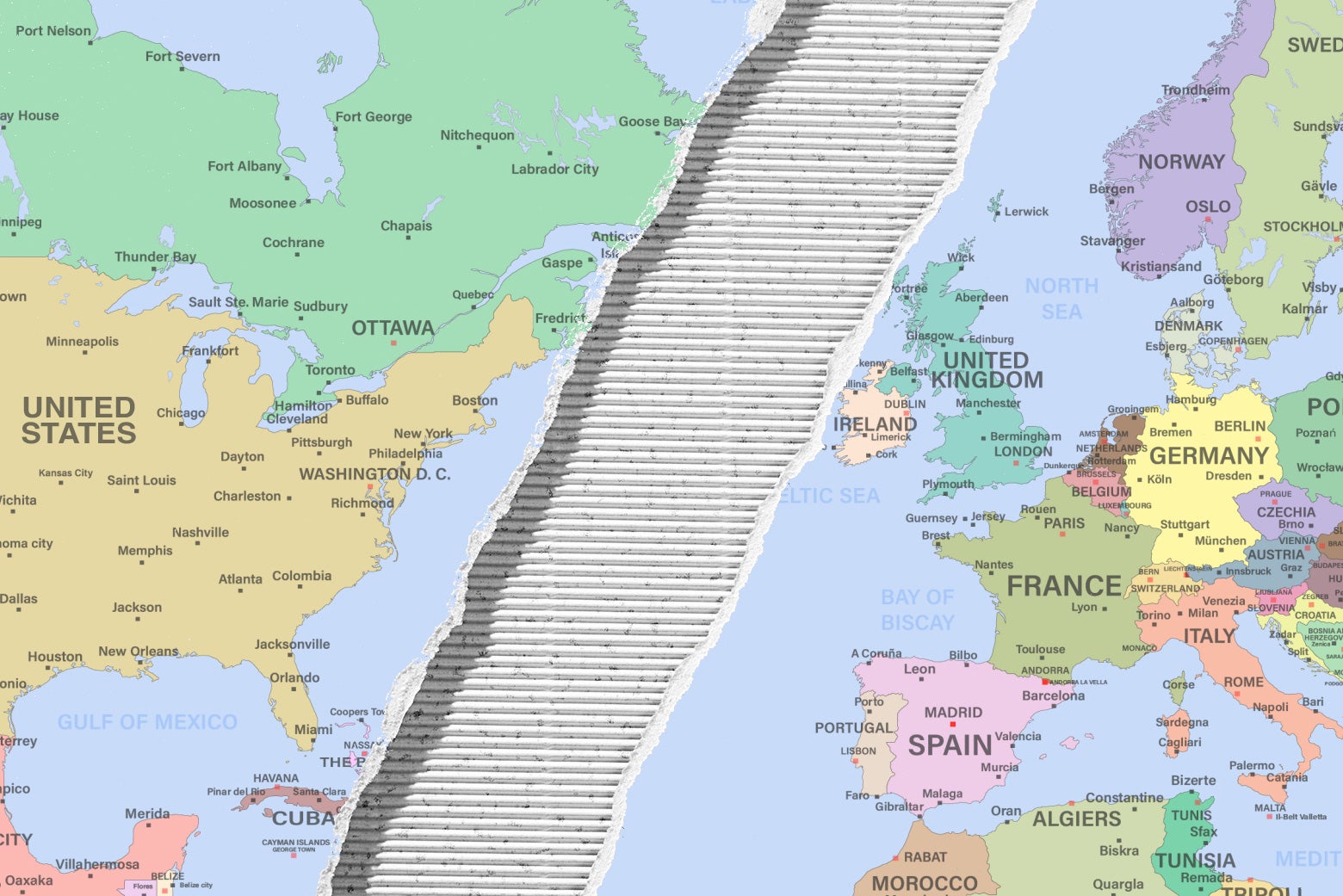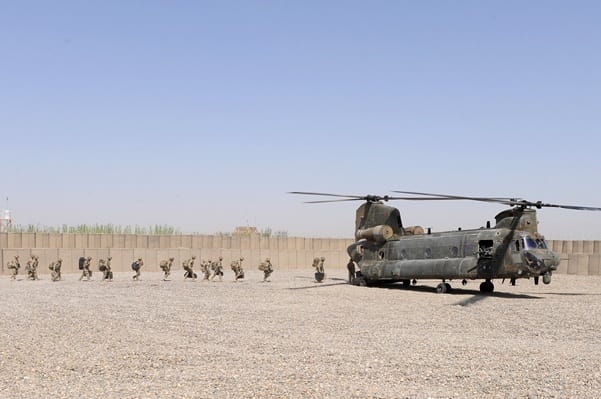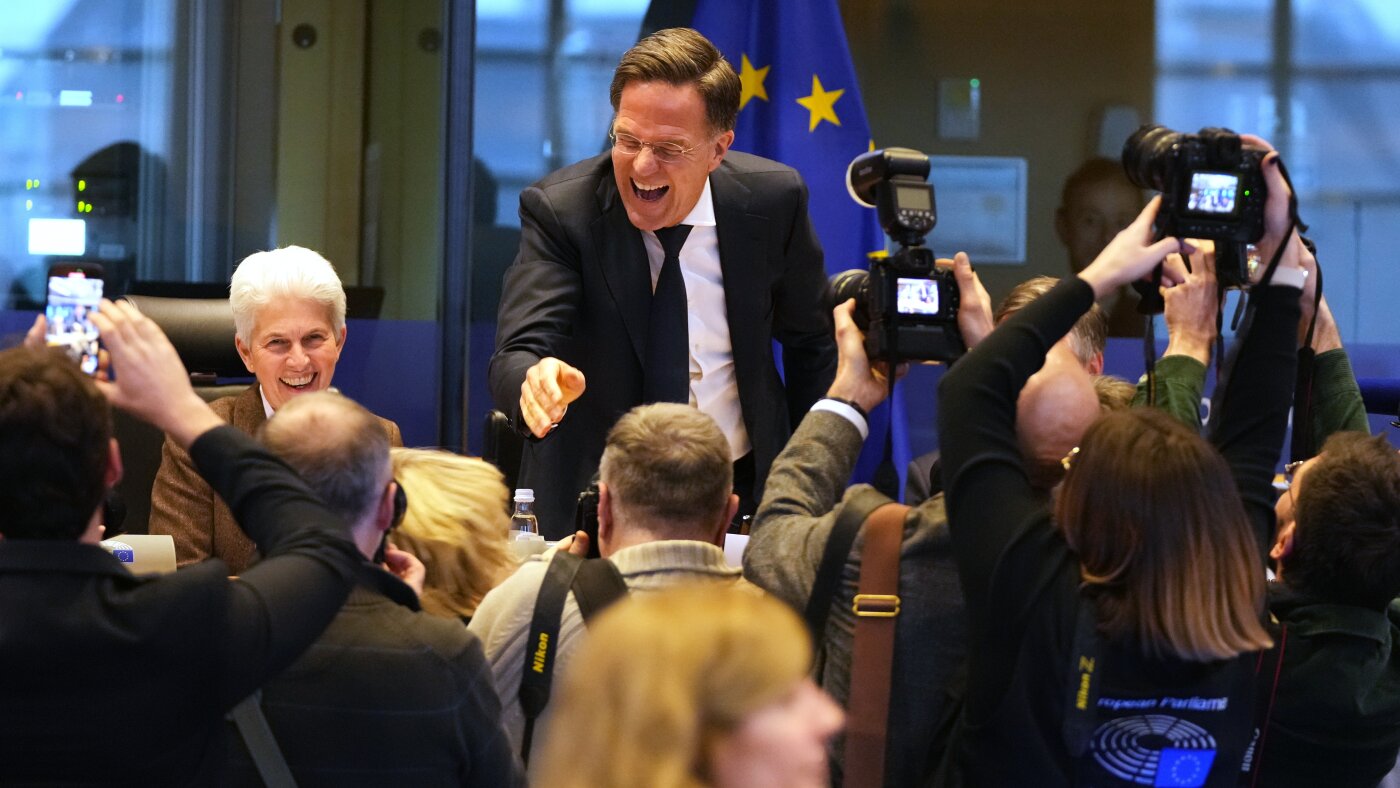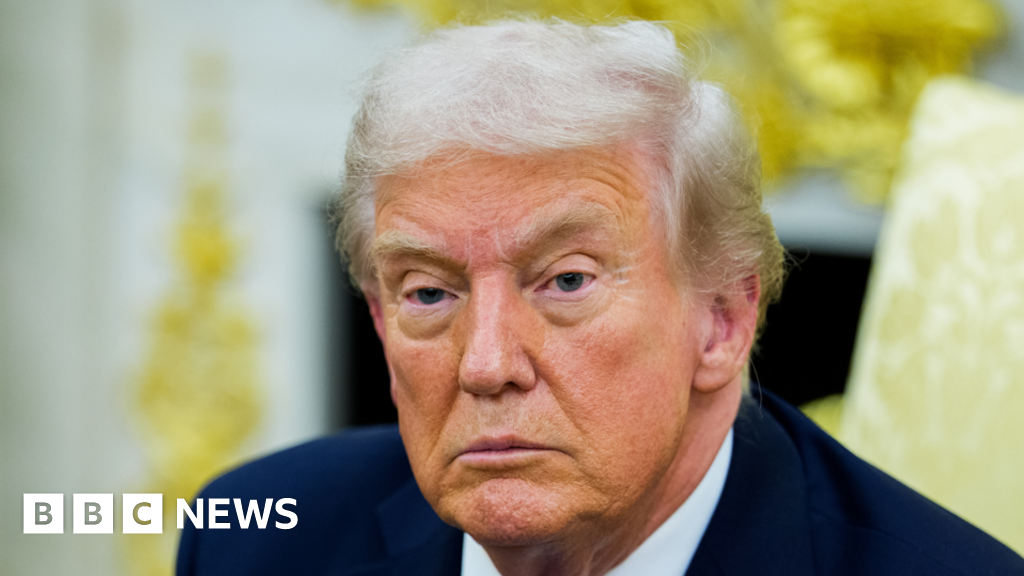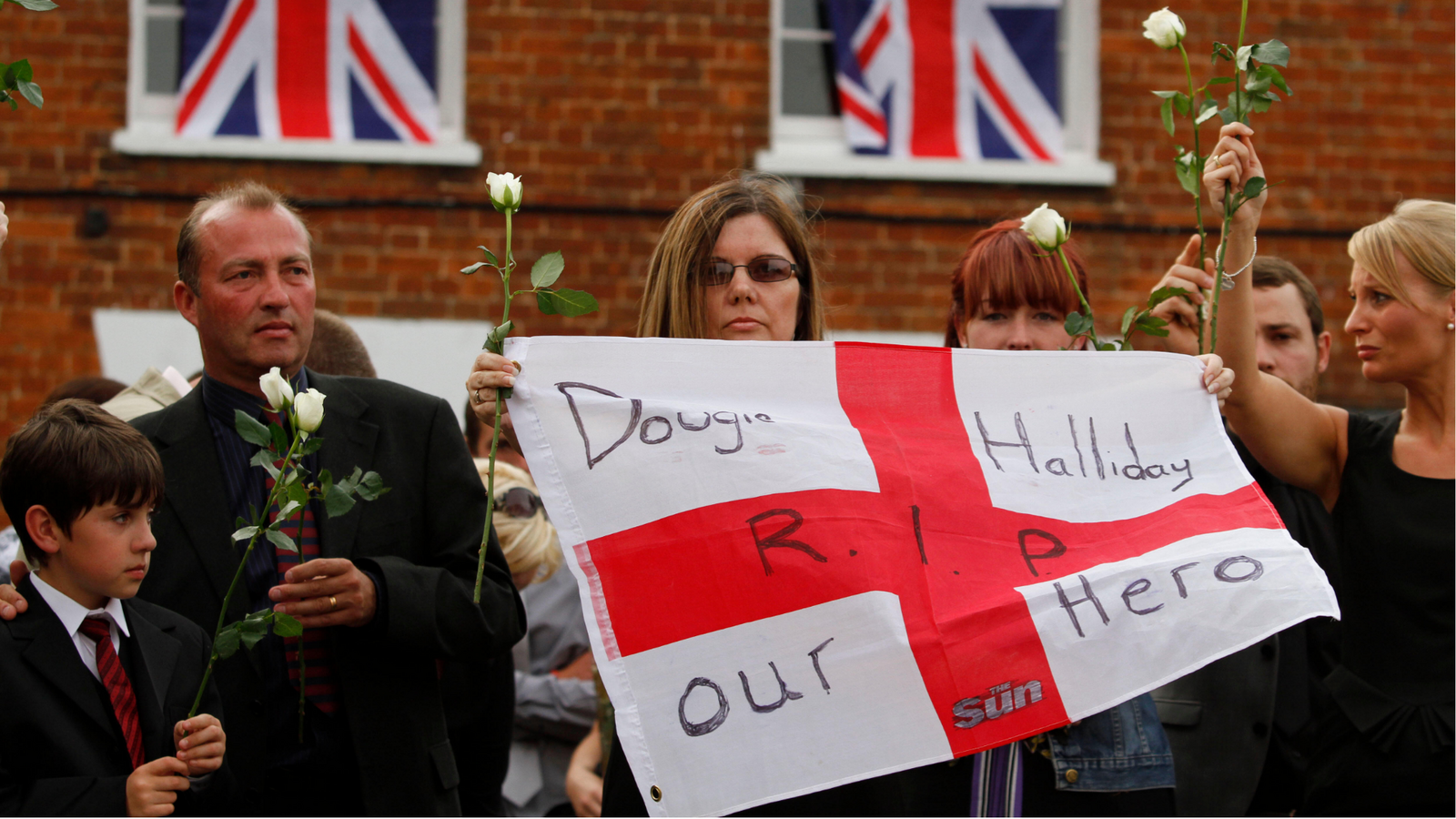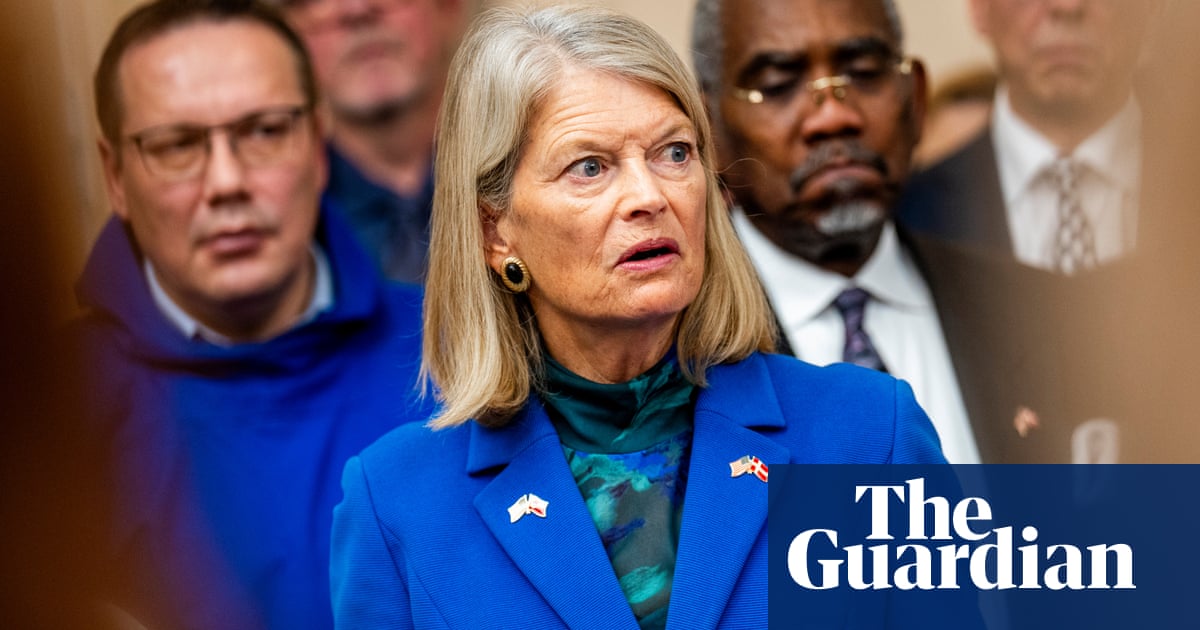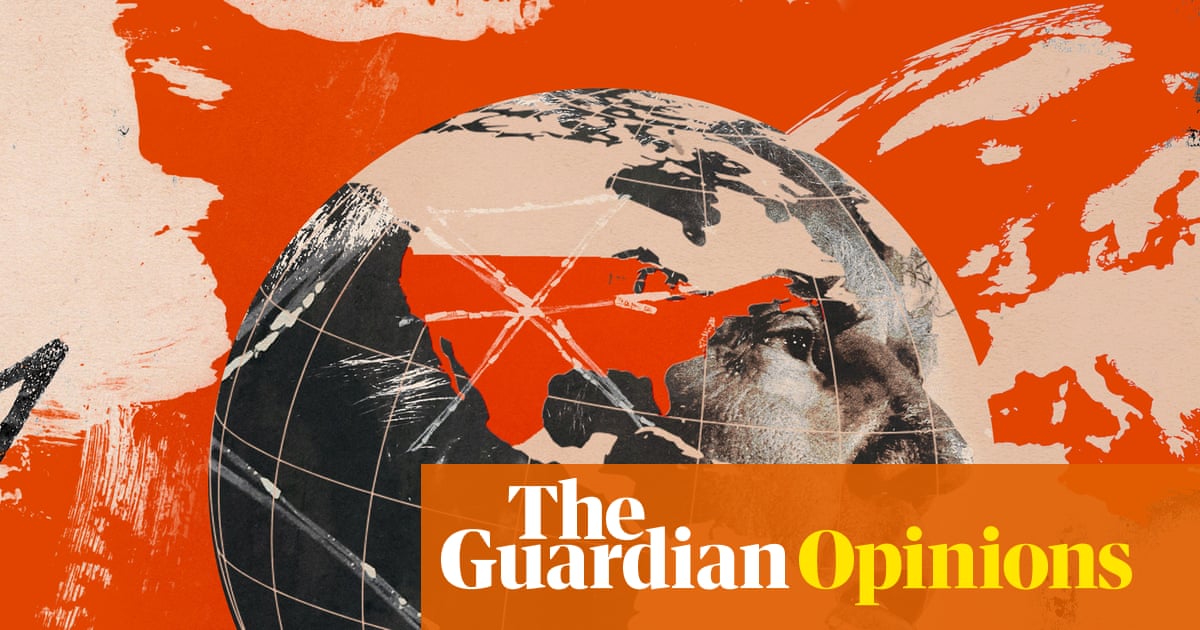fromDataBreaches.Net
4 days agoTop NATO allies believe cyberattacks on hospitals are an act of war. They're still struggling to fight back. - DataBreaches.Net
NATO countries' restrained response to hybrid attacks is at odds with public opinion, new polling shows: Broad swaths of the public in key allied countries say actions such as cyberattacks on hospitals should be considered acts of war. The POLITICO Poll, conducted in the United States, Canada, France, Germany and the United Kingdom, showed a majority of people agreed that a cyberattack that shuts down hospitals or power grids constitutes an act of war. Canadians felt the strongest about the issue, with 73 percent agreeing.
Privacy technologies
